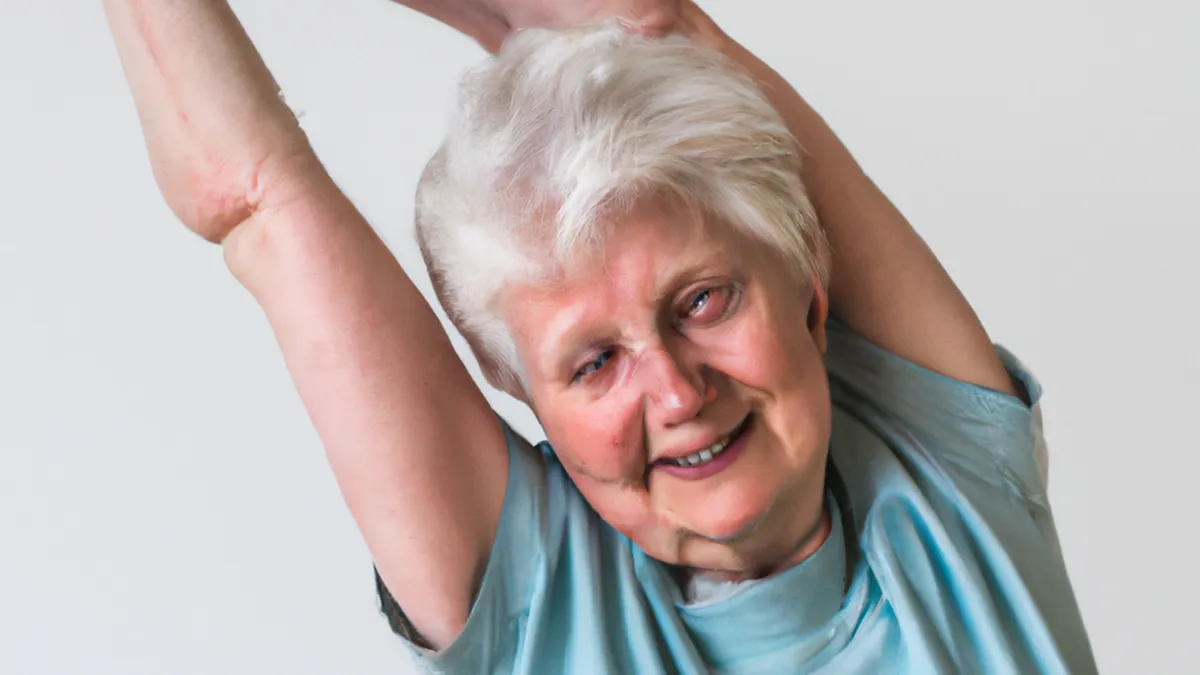Stability and Strength: Senior Prehab Focus
Prehab Routines for Seniors: Preventing Injuries and Enhancing MobilitySeniors need an active lifestyle for physical and mental health. Aging presents challenges that can lead to injuries and decreased mobility. Prehab, or prehabilitation, helps prevent injuries proactively. By adding prehab routines to their daily activities, seniors can strengthen their bodies, improve mobility, and enhance their quality of life.
Understanding Prehab
Prehab targets weaknesses and vulnerabilities that come with aging. Unlike rehabilitation, prehab focuses on injury prevention. Specific exercises improve strength, flexibility, and balance. Engaging in prehab reduces injury risks and helps seniors maintain independence longer.
The Importance of Regular Exercise
Seniors should exercise regularly for numerous health benefits. Physical activity promotes cardiovascular health, strengthens muscles, enhances mental clarity, and boosts mood. Exercise also improves flexibility and balance, reducing fall and injury risks. According to the CDC, falls cause many injuries in older adults, making prehab routines vital.
Basic Components of a Prehab Routine
As an Amazon Associate I earn from qualifying purchases.
Gear tip: consider stretching strap, yoga blocks, and mobility sliders to support this topic.
A comprehensive prehab routine includes several key components:1. **Strength Training**: Target major muscle groups like legs, back, and arms. Use body weight or light weights for squats, lunges, and push-ups. Strength training builds muscle mass and supports bone health, crucial for seniors at risk of osteoporosis.2. **Flexibility Exercises**: Stretching maintains joint range of motion. Include stretches for the back, legs, arms, and neck. Yoga and Pilates enhance flexibility and calm the mind.3. **Balance Training**: Balance exercises prevent falls. Practice standing on one foot, heel-to-toe walking, and using balance boards. These exercises enhance stability significantly.4. **Cardiovascular Activity**: Engage in low-impact exercises like walking, swimming, or cycling. These activities promote heart health and increase stamina. Aim for at least 150 minutes of moderate aerobic activity weekly.
Tips for Creating a Prehab Routine
Creating a prehab routine is simple and can fit individual fitness levels. Here are some helpful tips to get started:
Start Slow and Gradual
New exercisers or those returning after a break should start slowly. Begin with short sessions.
Conclusion
Incorporating prehab routines helps seniors prevent injuries and enhance mobility. Active lifestyles significantly improve overall well-being.
Below are related products based on this post:
FAQ
What is prehab and why is it important for seniors?
Prehab, or prehabilitation, focuses on preventing injuries proactively, especially in seniors. It targets weaknesses that come with aging, helping improve strength, flexibility, and balance, thereby reducing the risk of injuries and maintaining independence longer.
What components should be included in a prehab routine?
A comprehensive prehab routine should include strength training, flexibility exercises, balance training, and cardiovascular activity. These components work together to enhance overall physical health and reduce the likelihood of falls and injuries in seniors.
How often should seniors engage in prehab routines?
Seniors should aim for at least 150 minutes of moderate aerobic activity each week, alongside regular strength and flexibility exercises. Consistency in these routines is key to promoting cardiovascular health, muscle strength, and overall well-being.















Post Comment